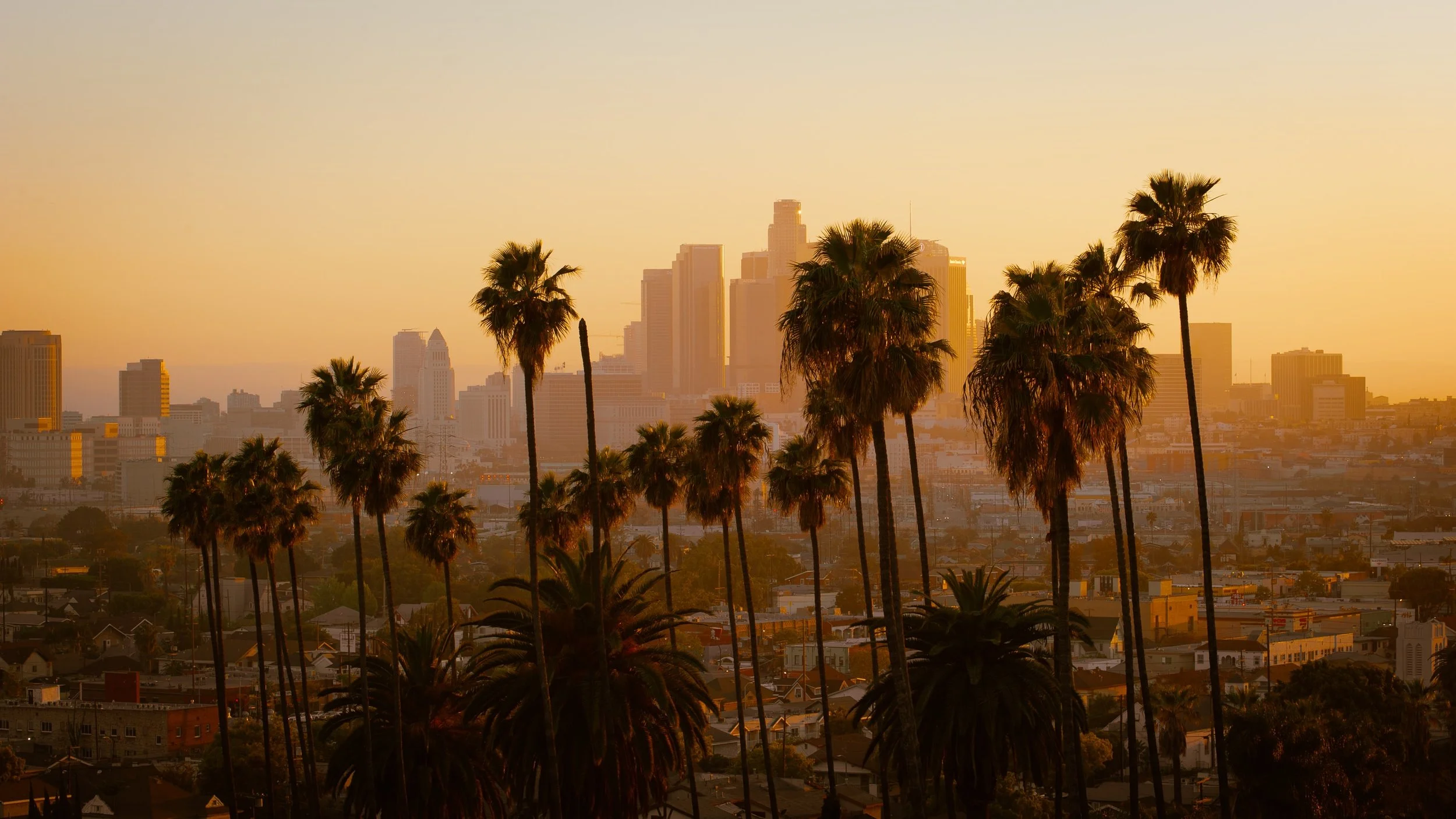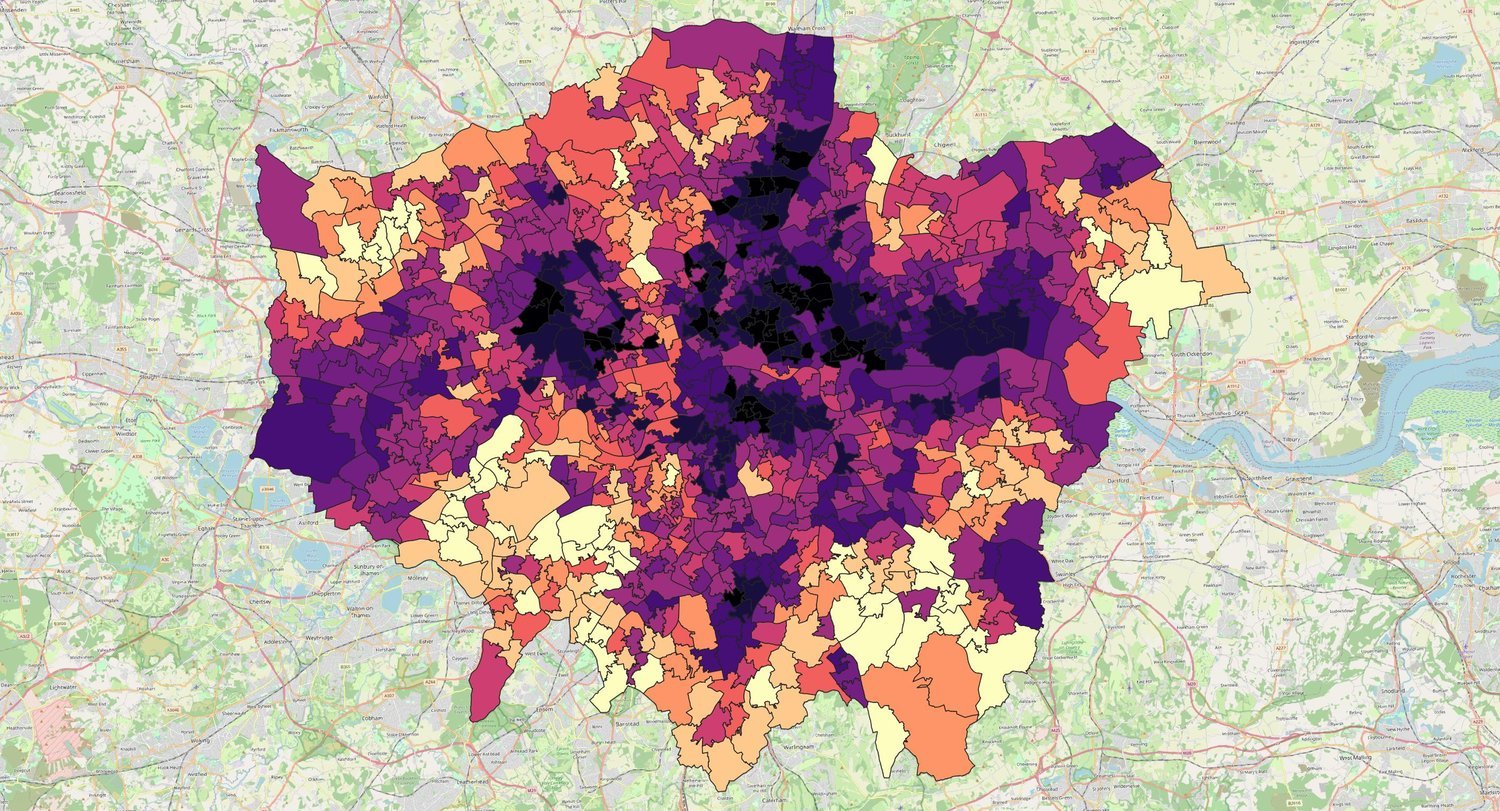
Living Library of Knowledges
About This Page
-
Our Living Encyclopedia is part of our work in creating Living Knowledges. Here you will find community led and scientifically rooted reportings that are in constant progression as injustice is an evolving phenomena.
Living Knowledges is a realm where knowledge finds a sanctuary to flourish, evolve, and expand beyond the confines of conventional repositories. It is a dynamic space dedicated to storing and nurturing knowledge in a manner that allows it to adapt, transform, and grow with the passage of time.
This is a digital ecosystem designed to accommodate the vast array of information amassed by humanity. It goes beyond the static nature of traditional libraries and archives, embracing the concept of living ideas that continuously evolve. Thus, knowledge is envisioned as a living entity that undergoes perpetual enhancement and refinement. Every piece of information is treated as a seed, capable of germinating, branching out, and cross-pollinating with other ideas.
-
This Library houses all the work produced therefore you can use the filter to search for topics and formats that suit your query.
You can access a range of works, such as definitions which give a ~200 word summary of a key topic, as well as long form reports.
Some of the works listed here also feature in the Programmes so you can see related works as you go.
Responding to the UK Government’s Consultation on the NPPF
The government published a consultation on proposed changes to the National Planning Policy Framework on 30 July 2024. It included questions and proposed changes on a number of topics, which have implications for people’s health and wellbeing. This paper sets out Centric Lab’s responses to questions and policy changes and how they influence health.
A Declaration for Air
On 11th October 2023, 14 people, ranging from the fields of medicine, policy, law, abolition, science, data science, economics, and art gathered to declare our right to access AIR.
Principles for Engaging with Traditional Ecological Knowledges in Urban Systems
These are working principles set forth by a group of Indigenous Peoples and Land-Kinned Peoples (IP & L-KP) who gathered in the UK. We see this both as a starting point and an evolving process. These principles are the first iteration, as they interact with more Peoples they will change and evolve.
Envisioning a Healthier Urban Way of Living: Indigenous Sovereignty in Los Angeles and Beyond
While many would argue that there is not one Los Angeles but multiple LAs, what is less known is that there are multiple Indigenous LAs whose histories are layered into the fabric of the city.
Pathways to Poor Health (health injustice) for Indigenous Peoples
There are disproportionately high rates of psychological and psychological distress and health disparities among Indigenous Peoples. That is, regardless of their geographical location or sociopolitical situation, health indicators are always poorer for Indigenous Peoples than for non Indigenous ones.
Biological Inequity
Biological inequity, also known as biological inequality, refers to “systematic, unfair, and avoidable stress-related biological differences which increase risk of disease, observed between social groups of a population”.
Urban Sacrifice Zones & the Right to Pollute
The purpose of this data led study is to bring attention to everyday people those who have the right to pollute in their neighbourhoods, so that people can make more informed decisions when it comes to voting and priorities for our shared health and climate change action points.
Planetary Dysregulation, Capitalism, and Healthcare
The intention of this audio project is to discuss the links between systems and imaginations rooted in supremacy, the dysregulation of planetary systems, and the poor health outcomes being experienced by peoples who are racialised and minoritised.
Heating & a Healing Home
This data led article explores how this winter homes in areas of high pollution and deprivation with low EPC ratings are a toxic cocktail for health risks.
Gasworks, Regeneration and Communities
This article explores how “regeneration” is a word used to promote positive benefit from construction and urbanisation. It focuses on the “regeneration” of former gasworks, brownfield sites, in existing urbanised areas and the health implications with an economic led “regeneration” mantra.
Susceptibility
At the crux of this theory is that when the body is faced with stressors it adapts through a process called allostasis, which means “achieving stability/homeostasis through change”.
Urbanisation & Health Outcomes: A Data Led Approach for Accountability and Action
This research and data article presents the use of a new tool advance towards health justice. Ensuring responsibility and accountability for one's own actions. There is a chance to no longer account for the place a person lives to be a determinant in their health.
Community Sovereignty
Community Sovereignty is an umbrella term that brings together methods of practice for organisations and scientific researchers to establish equitable engagement with communities.
Standing Up for the Multi-Ethnic Working Class Women’s Health in the Climate Crisis Conversation
Today, 5 November 2021 COP26 will be focusing on Public Empowerment. We want to support multi-ethnic working class women in the conversation of climate justice and health equity. It is now common understanding that the climate crisis will not be affecting people equally, but little attention is given to understanding the pathways that fuel this inequity or clear strategies to rectify them. In this brief report, Centric will look at the UK to identify the demographic that is being put at most risk of poor health outcomes due to the ongoing climate crisis.
Thermal Pollution
Thermal pollution is going to be a factor of increased importance due to climate change as it encompasses everything from region down to the density of buildings and even further to the materiality of the environment.
Lived Experience & Community Health
This report will look at how institutions and industry practice gaslights communities, the mistakes science makes, and the significance of listening and acknowledging the lived experience. This report is for both practitioners and citizens who are experiencing environmental and health injustice.
Light Pollution
The light disrupts the circadian rhythms of humans and wildlife alike as well as lowering melatonin production, which results in sleep deprivation, fatigue, headaches, stress, anxiety, and other health problems.
Equitable Urban Mobility
This report is for those working in transport planning and in policy and who are interested in understanding the link between equitable mobility and health. This report will lay out the need for equitable solutions around transport, how health is related to mobility, and a breakdown of equitable mobility zones.
Creating Health Infrastructure
This report proposes that our current framing and language of what regeneration means needs to evolve from one that is capital driven and spatially focused, to one that is health driven actively targeting the environmental, social, and governance barriers to health.
Place & Health
This report will focus primarily on the role of the built environment as a determinant of health, framing the professionals within the sector as healthcare workers because practitioners have a significant influence on the ability of citizens to build healthy relationships between health and place.




















